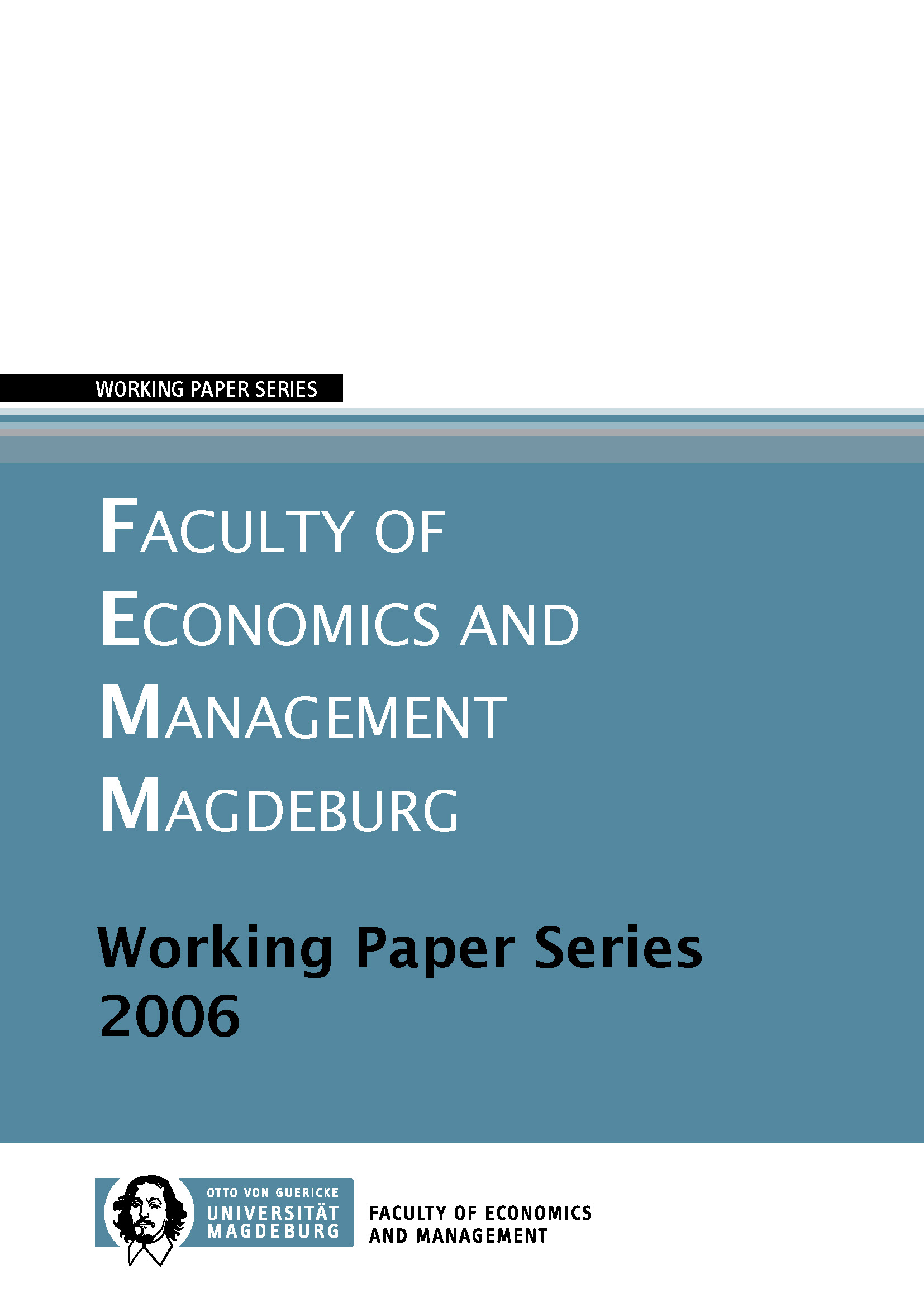The supremacy of marginal over general wage subsidies in competitive industry equilibrium
Schlagworte:
marginal employment subsidies, double marginal subsidization, labor market policies, Magdeburg AlternativeAbstract
Proponents of marginal wage subsidies, which are paid only for a firm's additional employment exceeding some reference level, claim that such subsidies can create a larger employment stimulus at lower fiscal costs than general wage subsidies for all workers. Critics challenge this view. They expect that, with marginal subsidies, intra-industry competition forces some firms to expand at the cost of other firms, thus creating large fiscal costs without much gain in employment. To analyze the validity of both arguments, we derive conditions under which marginal subsidies create favorable output, employment, and fiscal effects compared to general subsidies, using a partial equilibrium model of competitive industry equilibrium. Contrary to previous studies, our subsidy scheme features double marginal subsidization that prevents firms from circumventing the reference level. Our results show that marginal subsidies generally create more employment and are fiscally more efficient than general subsidies.


